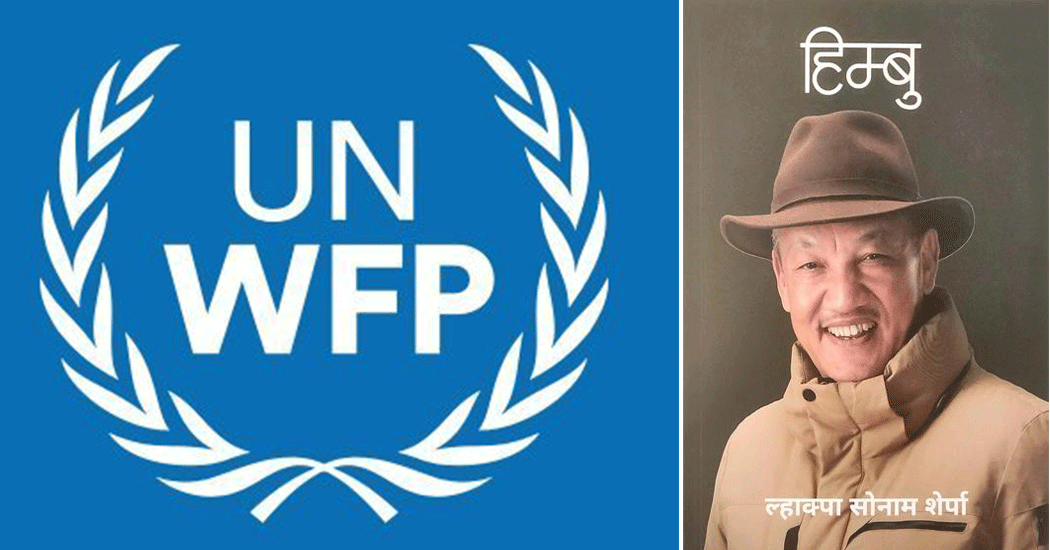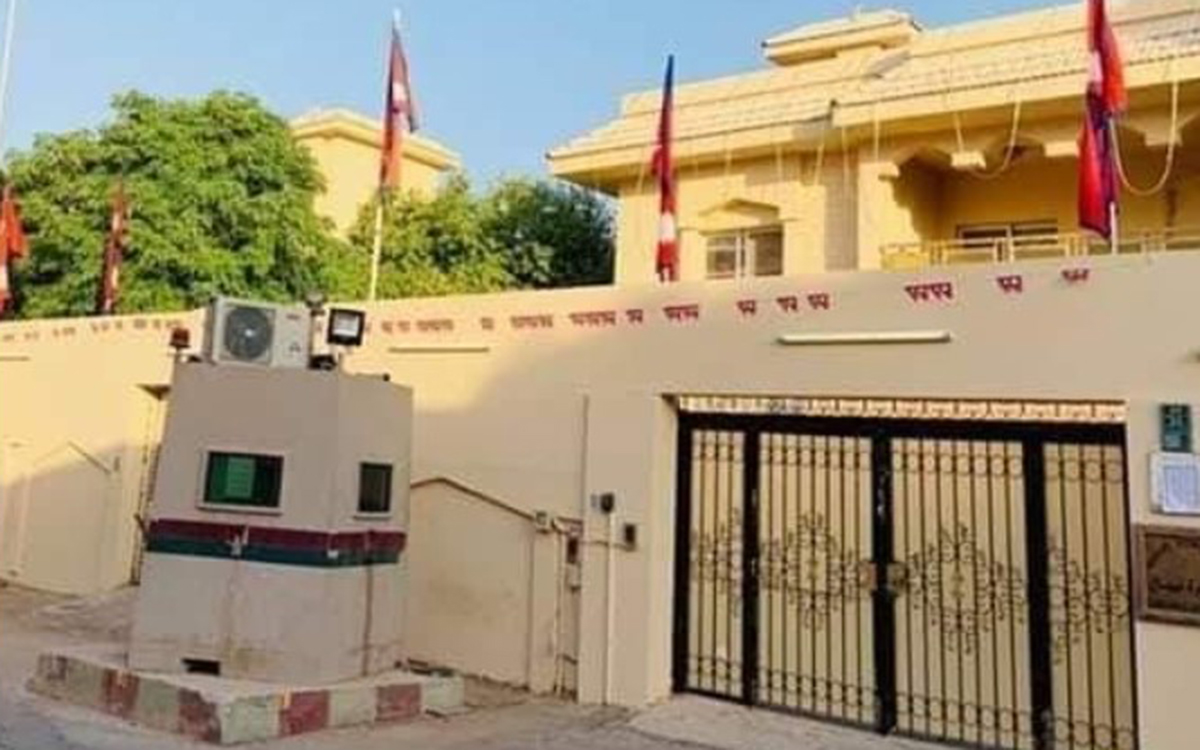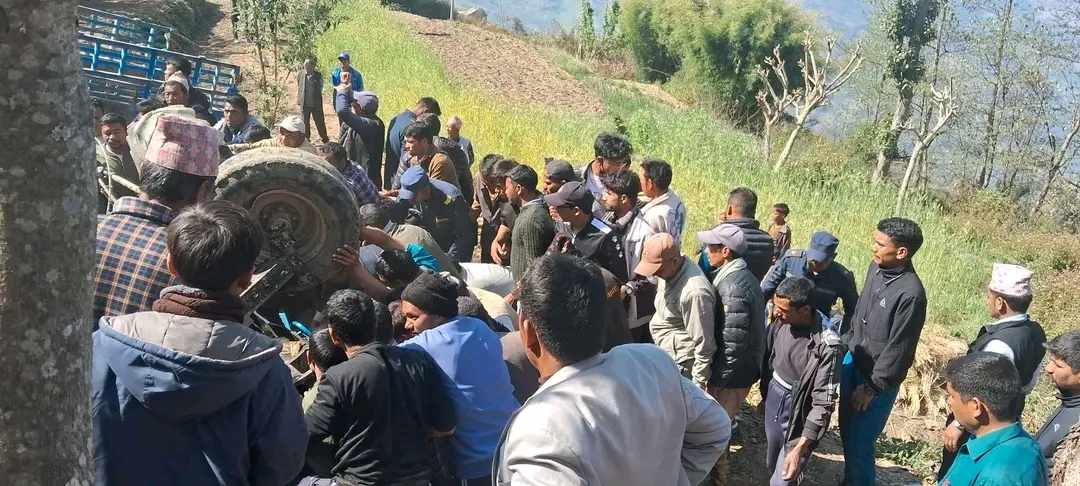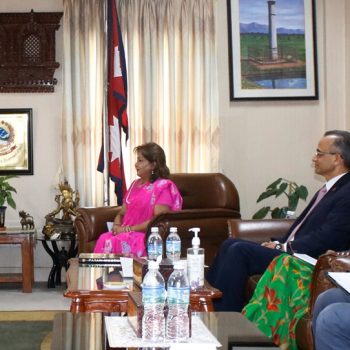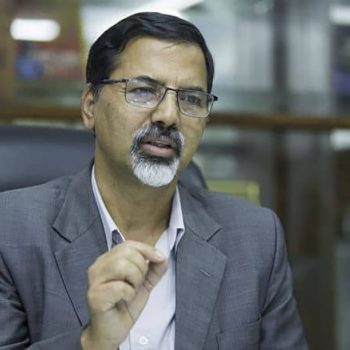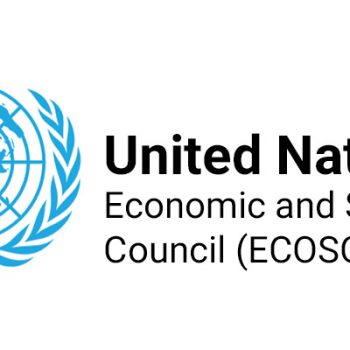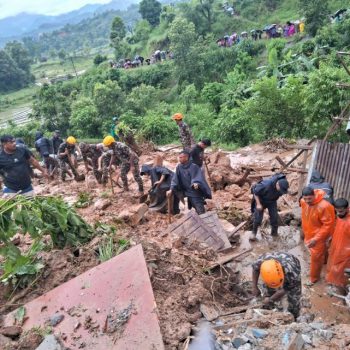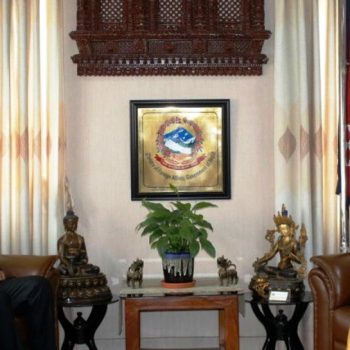Foreign employers taking Rs. 400 billion from Nepal can be stopped: NRNA Vice President Badri KC
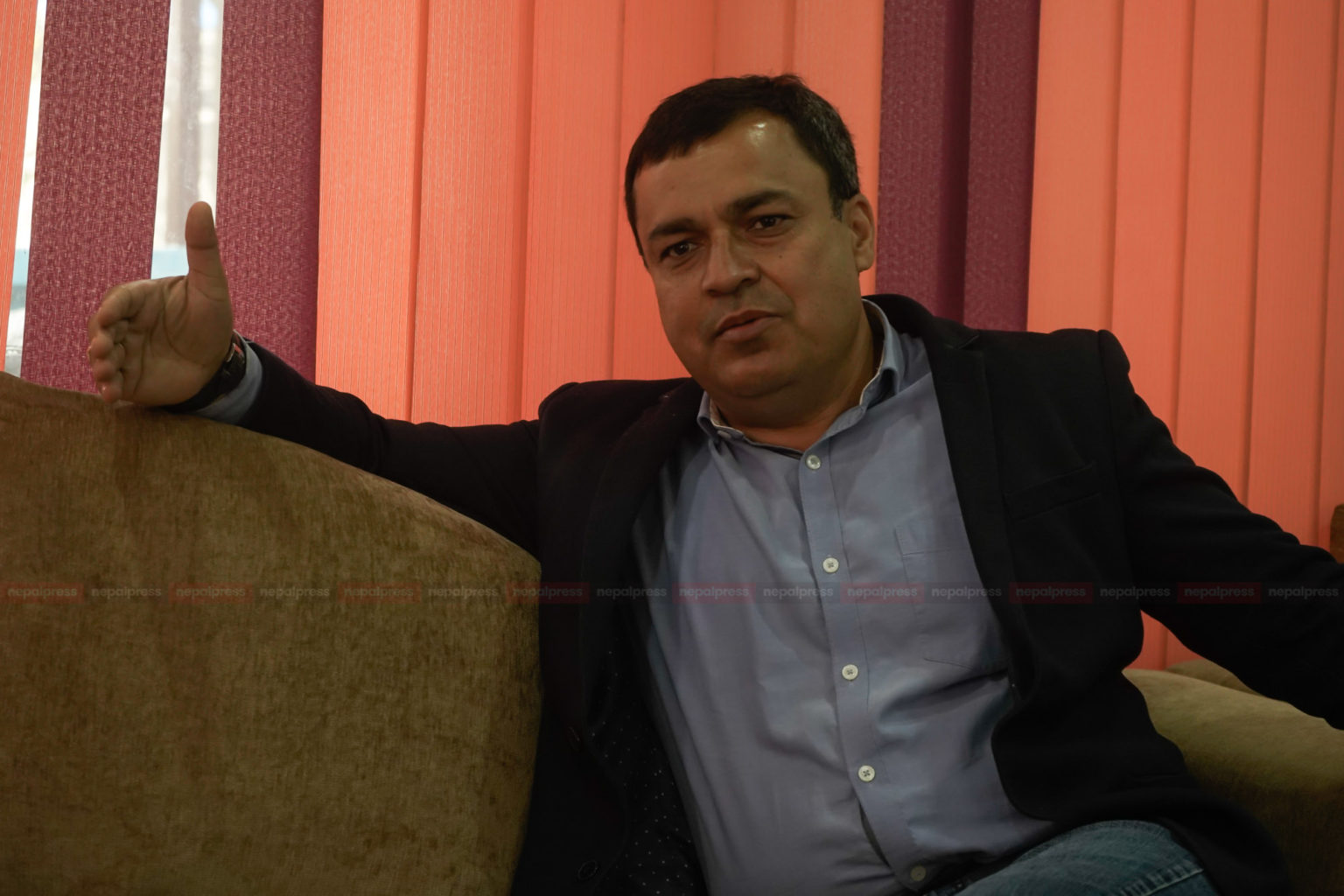
KATHMANDU: Coincidentally, Upendra Mahato, the founding president of the Non-Resident Nepali Association (NRNA), Jiva Lamichhane, the then president, and Badri KC, the current senior vice president, all work in Russia. Badri KC, who has been involved in the NRNA campaign from the very beginning, is now following in the footsteps of Mahato and Lamichhane as future president of the NRNA.
KC’s leadership role as the coordinator of the rescue and relief fund set up by the NRN for the relief and rescue of Nepali workers in distress, especially in the Gulf and Malaysia, during the last global pandemic, has led to acceptance of him as a strong leader.
With elections for the new NRN leadership in October this year, it is only natural that interest and discussion among non-resident Nepalis around the world will increase. Here is an interview with Senior Vice President KC, focusing on the recent plans of the NRN, the work done so far, and the impact of Covid-19 in the Nepali diaspora.
How have you pursued your personal and professional life in Russia?
After 2046 B.S, I went to Russia to study. I graduated in 1996 AD. I completed my PhD in Biotechnology in 2001 AD. After getting married in Russia, I stayed there. I have a daughter and a son. I have settled in Russia with a small business of my own. Even though I am settled in Russia, my heart is still in Nepal. I have been involved in the NRN campaign since 2001. In 2003, the NRN campaign was launched in Russia. That campaign has also become an NRN bridge to fulfil its obligations to the motherland. From the beginning till now, I have been actively involved.
The virtual NRNA general meeting has just ended. It is said that some controversy arose during that time. Is that dispute resolved or is it still there?
Face-to-face general meetings were not possible. Various things had to be changed for the Non-Resident Nepali Association. The financial report was not passed in the convention held in 2019. It was decided that the meeting would also pass the financial report, numbers and legislation. But this was prolonged due to Covid. Since we could not do it, we took permission from the Ministry of Foreign Affairs to do it via Zoom. This was approved by the Ministry of Foreign Affairs.
A group of friends were dissatisfied and said that decisions made in a virtual meeting would be immature and not thorough. We discussed that we should go forward after a discussion. We decided to bring up only subjects of consensus and those issues on which consensus cannot be obtained can be brought up in the face-to-face meeting. The subjects passed were done through consensus and the voices of dissatisfied friends have also been addressed.
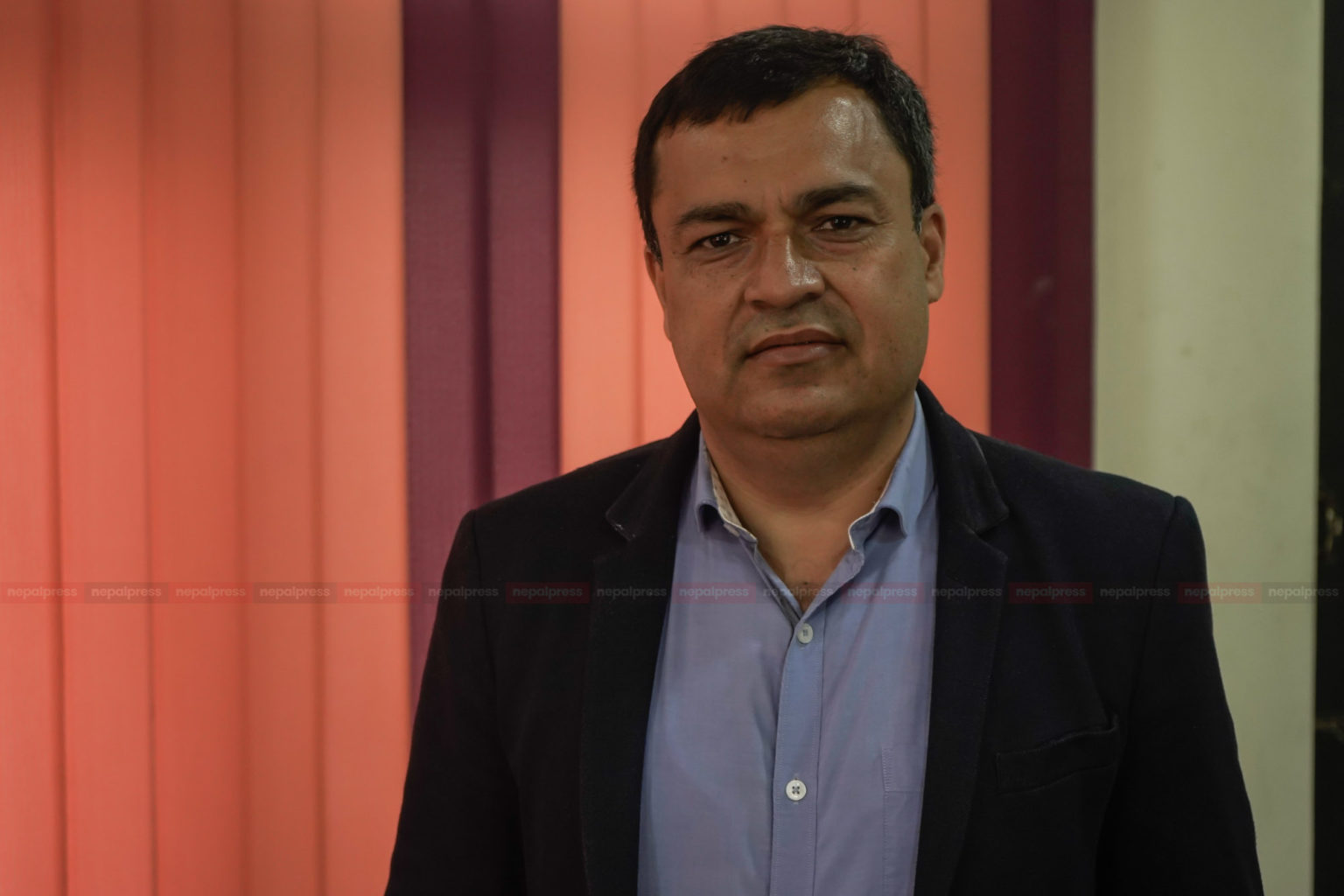
Is it an election-centric controversy or not?
This organization is very large. We are 8 million Nepalis. It is natural for different societies to have different ideologies. Legislation had not been discussed in the organization since 2013. The organization could not be refined. In 2013, we were only in 30-40 countries. The number of members did not increase much. We have now grown to 82 countries. The number of members has reached to about one lakh. We could not change or update the constitution, delegates, election and other things in the constitution to strengthen the organization. It is natural to have different views on this. But in the end, we have come to one place.
Now you are the senior Vice President, are you a contender for presidency in the upcoming election or not?
I have been working in the Central Working Committee of NRNA for 12 years. I have been working in the Central Working Committee for four years since 2009. I am a one-term Treasurer, two-term General Secretary, one-term Vice President. The only post I have not handled is that of the President. Now is not the time to announce an election, but I consider myself a natural contender for presidency.
Now, what are the agendas for the NRN leadership? What do you want to do?
NRN is not a new subject for me. I am doing a lot of things in the organization. We are working to bring knowledge, capital and skills of Nepalis living abroad to Nepal. We have to bring it more actively. In a way, we have succeeded in bringing in capital. Non-Resident Nepalis have so far privately invested more than Rs 50 billion in Nepal. We have just brought in a fund of Rs 10 Billion as a joint venture. In 2012, we started joint ventures.
Capital has started coming in in sufficient quantity. Some of our people who teach at universities abroad are doctors, engineers who work at a high level but we could not connect them well with Nepal. For this, we have held a Skill Knowledge Conference twice. We see great potential in this. There is an active campaign to bring the knowledge and skills learned abroad to Nepal.
More than 60 percent of NRNs have gone for foreign employment. Their problems were huge. The organization is lobbying to solve their problems. Many things have been resolved. Nepal currently receives Rs 1 Trillion annually. 1 Trillion is the money sent by the same non-resident Nepalis, especially those who have gone for foreign employment. The money they have sent has not yet reached the productive sector. My other agenda is to invest it in the productive sector and create a labor bank for those who have gone for foreign employment.
Now, we should not send many people abroad. Instead, we will work on making people from abroad return to Nepal. No one can make Nepal prosperous if people make foreign countries wealthy. We have to build our own country. What we have learned abroad for 10-15 years, we should bring back this experience to Nepal and start a campaign to make it a prosperous and developed country.
We have to start with the modern agriculture campaign. Non-resident Nepalis are emphasized in this campaign. We take a special initiative to bring programs to connect second-generation children who were born and raised abroad with Nepal.
Another is that we should make Nepalis participate in the countries where they are working abroad. Former US President Barack Obama is a man who went to the US from Kenya. There are Nepalis who can achieve the same kind of success abroad in the next 10/20 years.
The Non-Resident Nepali Association is one such unit that Nepal has been able to form. An organization like NRN does not exist in any other country. No matter how successful second generation Nepali children are abroad, we seek and create a way to stay connected with Nepal, which will be my next agenda.

The Covid pandemic brought social distance in everything. Will the next election be held through online voting or physical presence?
Voting in the elections will be online. There were many problems that arose during the elections of 2019, which was done by physical presence. People who had contributed were not allowed to come to Kathmandu to cast their votes. When done online, you can cast your vote from your own home. All delegates are allowed to exercise their voting rights. After voting online, we hold the convention in person/physical presence. The programs we do online are not as effective. We use online voting to address election irregularities. However, we will direct the convention in person.
It is said that there is a lot of politics in NRN elections. What are the chances of the next election being non-political?
The desire of every political party to have people that have faith in it, in a way, seems to me a natural desire. The election in 2019 did not look any different than the election in Nepal. It also divided us NRNs living abroad.
When this happens, we cannot make progress. This is why we have realized that mistake. The people in the organization may have some political beliefs, but we believe that the hat and shoes of politics should be taken off after joining the organization and move forward accordingly. Nepal’s political parties should also liberate the NRN. By doing so, Nepalis living abroad can contribute more to Nepal. Now, the direction is moving towards non-political.
Please provide information about the impact of COVID-19 on the Nepali diaspora.
We were affected abroad even before Covid’s influence began in Nepal. To date, 334 Nepalis have lost their lives abroad due to Covid. 51,000 Nepalis have been infected in more than 50 countries. Fortunately, 39,000 Nepalis have been freed from the infection. In the early days, no one knew what Covid threat was like. The worst affected were the Nepalis who went for foreign employment. We started a program after we saw the COVID impacts. The distressed friends said that there was no other organization to go to than NRN. Many Nepalis lost their jobs. Thousands of Nepalis were confined to the camps.
There were especially women who went as domestic workers, they were fired from their jobs and homes for fear of getting sick. They had no place to live. Many women were pregnant and carrying infants. Five thousand women had to be rescued from Kuwait alone.
We rescued 80 pregnant women in the same flight from the UAE. Today, we have deployed more than 2,500 volunteers in 50 countries to bring in a program of direct assistance. At present, NRN has more presence abroad than in Nepal and it has also been successful.
What is the status of those who have lost their jobs? How are they surviving? What are your statistics?
Today, 2 lakh Nepalis have returned from Malaysia and the Middle East, losing their jobs. This is really just the beginning, because COVID has had a big impact on the foreign economy. This means that many companies are in the throes of the economy shutting down. Many Nepalis will lose their jobs.
As soon as Covid was here, the NRNA prepared a large working paper on relief, repatriation and rehabilitation. Accordingly, we have provided shelter for people who needed immediate relief. Those who don’t have money to buy tickets, don’t have money to do a PCR test, who have been fired by their boss. We have helped them. We started cooperating with international organizations as our resources alone were not enough.
The International Labor Organization (ILO) initially gave us Rs 50 million. They have added another 50 million by praising the work we have done. We have mobilized our resources and accumulated another Rs. 120 million.
The Coordinating Council has also mobilized other resources available there. We have mobilized resources of Rs. 250 million in total. We have recently provided relief to 15,000 Nepalis through this relief and rehabilitation program alone.
I want to talk about two or three cases. There was a woman who had gone abroad due to human trafficking. She was physically abused and thrown on the streets. We found out only after she got pregnant and reached the hospital. I don’t know where her boyfriend or human trafficker went. The woman gave birth in the hospital. We rescued her. We made her passport and renewed her visa and brought her to Kathmandu.
There were people in prison in Malaysia for years. They were not imprisoned for any major crime. They were in prison as their visa expired. We released 20 people from Malaysia.
We brought 37 detainees from the Saudi Arabia detention centre. The 14/15 thousand we have rescued now is a small number. There are 1.8 million in the Middle East alone. There are 4/5 lakh in Malaysia alone. Thousands are still losing their jobs. We have told those who have lost their jobs not to go to Nepal as much as possible.
Even in Nepal, there is a problem with employment. Fortunately, Nepalis are the last to be fired. The honesty of Nepalis is good. We have also helped those who lost their jobs in one company to get jobs in another company. We estimate that another 2-3 lakh Nepalis will lose their jobs and return to Nepal in five months.
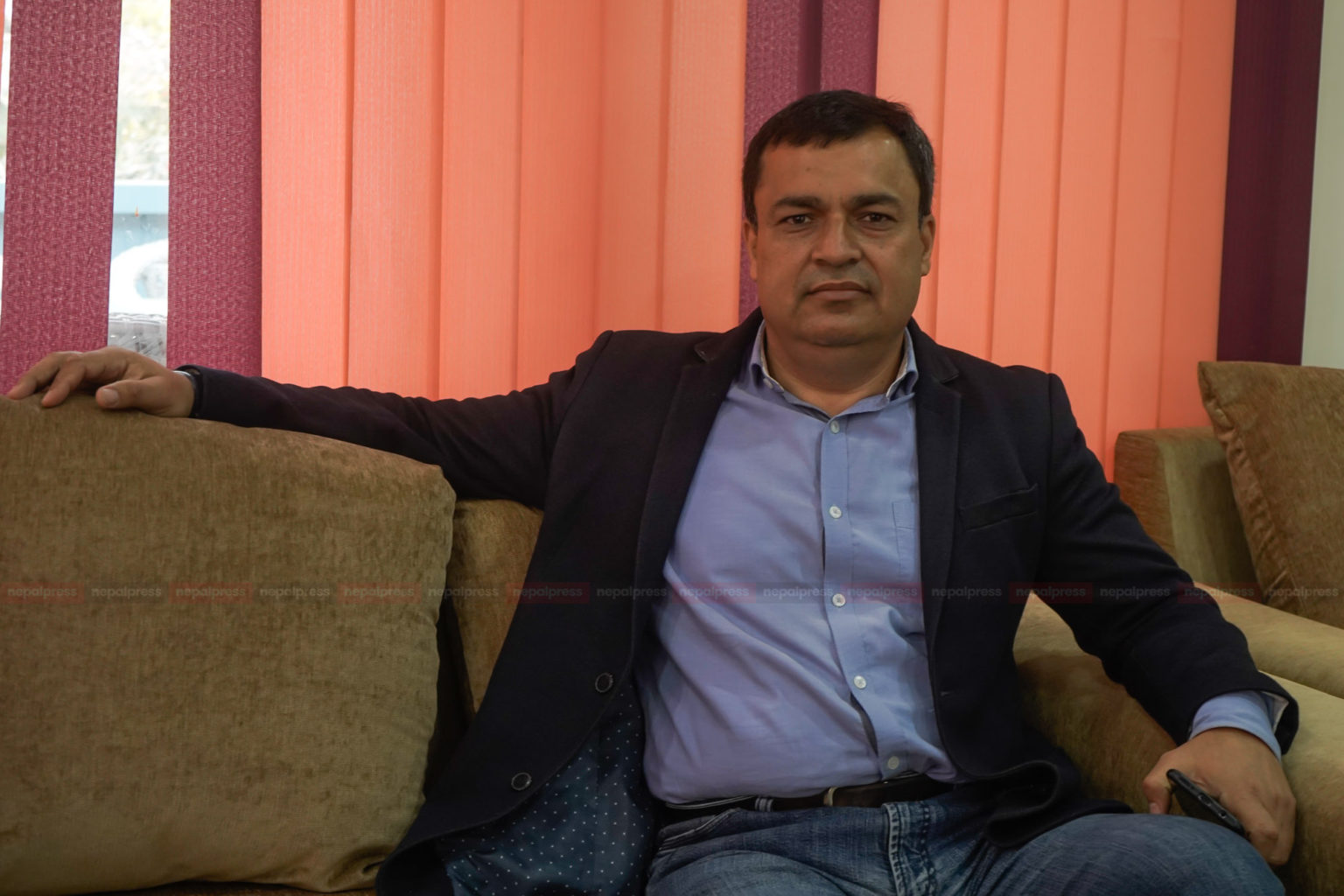
How long do you think will be the effect of Covid abroad and what are its possible effects?
The world’s economists have said that the recession will last 4/5 years. If we look at the case of Nepal, the case is a little different. The money sent by 3 million Nepalis from abroad is 1 trillion rupees.
There are 8 lakh foreigners working in Nepal. They are Indians, Bangladeshis and Chinese. They take back 400 billion rupees in a year. What they do in Nepal is no different from what we do abroad.
Working in plumbing, construction or in brick kilns, they take back Rs 400 billion from Nepal. Now, there is an opportunity for foreigners working in Nepal to return home. Nepalis have come to Nepal from foreign employment. At this time, if we could create a platform to connect employers, other organizations and returning Nepalis within Nepal, we could also establish returning Nepalis. We could have kept the 400 billion rupees that have been returned in Nepal as well. To fill that huge vacuum, the Non-Resident Nepali Association has taken the initiative to hold an employment conference immediately. We are holding an employment conference soon in collaboration with the Ministry of Labor, Foreign Affairs, Agriculture and the Youth Council and related parties so that this vacuum may be fulfilled. There should be no shortage of human resources in Nepal as well.
We organize programs for those who have returned from abroad to get jobs in Nepal itself and to create an environment where foreigners working in Nepal who have returned to their countries do not have to come back.
What is the access of vaccines to Nepalis in diaspora?
If a vaccination program has started in that country, then Nepalese in that country have been vaccinated as equally as the citizens. Many Nepalis living in Russia have been vaccinated. Other countries have done the same.
As the World Cup draws near, the death toll of Nepalis working to build a stadium in Qatar has risen, according to The Guardian. More than 1,500 Nepalis are believed to have died. What is NRN’s view on this?
Compared to other countries, Qatar now addresses human rights issues. The Qatari Red Cross and Government have provided immediate relief to those who lost their jobs. We also worked with Qatar to provide relief. Compared to other countries, Nepalis have not suffered as much in Qatar, but they are losing their jobs in the UAE and Saudi Arabia. We are working for their rights and salvation as much as we can. Traditionally, human rights have not been given as much support in these countries. We have seen that the situation is better now than it was then.
It has been reported that 26 Nepali women who were arrested while transiting Sri Lanka to a third country have been kept in Sri Lankan jails. Even if SAARC countries are not defined in the scope of NRN, is there anything you can do?
This has to be looked at in its roots rather than just events. The government of Nepal had set an age limit for women to go abroad. They are forced to leave India, Bangladesh and Sri Lanka illegally after the legal route from Nepal was blocked. These problems have arisen because the government of Nepal has blocked pathways without addressing the problems. If there is a rule to leave Nepal legally, there is no need to go to Sri Lanka and rescue will not be necessary. I think the Foreign Employment Promotion Board, the Department of Foreign Employment, NRNs, and manpower companies should sit down and find out the root of the problem.
What foreign investments have been made in the 18-year NRNA career and what should be expected in the future?
Nepal has not yet received an international country rating. We have always said that when foreigners invest in Nepal, they do so with the belief that they will be able to take back the profit earned. Today, when NRNs invest in Nepal, they are sure that they will not have to bear loss.
At present, the NRN has invested around Rs 50 billion, which is a pure Nepali investment. Those who can invest in big businesses have invested themselves. Combining small investments also pays off.
Money sent from outside is also saved. We have brought an investment program of Rs 10 billion targeting people who can make small investments so that they also have the habit of saving. 5 percent (500 million) of this is invested by the Government of Nepal.
1 billion non-resident Nepalis have equity investment. We are preparing to bring the program by opening an IPO, targeting NRNs who can invest the remaining eight and a half billion rupees a year, more than a thousand. This company was started at Rs 10 billion. We will make it a company of 40/50 billion. The Non-Resident Nepali Association is working to make it the largest company in Nepal and to enlist it not only in Nepal but also in England and the United States.
In what areas does this company plan to invest?
There is wide diversification in investment. As it is a big fund, we naturally invest in infrastructure. We invest in hospitality. We invest in modern agriculture. Apart from that, we are ready to invest up to Rs.10-20 lakhs to make the returnees entrepreneurs.
How far has the dual citizenship dispute gone?
We call it a continuation of Non-Resident Nepali citizenship. It is our campaign that Nepali citizenship should be continued even after those who had Nepali citizenship before went abroad and obtained foreign citizenship.
We launched this campaign in 2005. The existing constitution recognizes the citizenship of non-resident Nepalis. However, the Citizenship Act has not yet been enacted. The Ministry of Home Affairs should have drafted the Citizenship Act. There is a provision arriving for NRNs to get a non-resident citizenship. The parliament has been reconstituted and we are hopeful that the parliament will pass it soon.
What does Nepal look like from Moscow?
In fact, because I was born and raised in Nepal, I don’t feel Moscow is where I belong to, like my Farping, my Kathmandu and my Nepal. I will definitely come to Kathmandu in a month or two. Many of my businesses are connected here. The contribution of non-resident Nepalis is to earn in foreign lands and invest in Nepal. If we make Nepal prosperous, then Nepal is truly a paradise.
We have actually gone abroad without any opportunity. I came to Nepal in 1996 after completing my Master’s degree. I have returned to Moscow without getting a job here. Although I did my PhD in 2001, I am stuck here as there is no place to implement the skills I have learned. Nowadays, we have a campaign so that Nepalis do not have to be stuck abroad like this.
What is your suggestion to the youngsters who do not see a future in their homeland?
It is not that one should not go abroad. We should go abroad to understand, learn and see. There are young people in Nepal now who can travel abroad two or four times a year. Before we went abroad in our generation, it was difficult to get a passport. Passports can now be made independently. Go abroad, see it, go around, study and learn there, but the land where you work should be Nepal itself.
If you work in Nepal as hard as you work abroad, the success in Nepal can be much greater. In fact, we are living a comfortable life while living in Nepal. We don’t realize how much we suffer abroad. When people go abroad, we are forced to work 18 hours a day. If I was able to work like that in Nepal, I would earn four times more in Nepal. You can live in Nepal with your family. You can share your grief with your relatives. Stress is also reduced.
4/5 body bags a day arrive at the airport. The biggest cause of death is stress. We don’t have to feel that stress while living in Nepal. Therefore, all Nepalis should make Nepal their home.
What do you say to our readers in the end?
Unless you help strengthen your country, you will always be a foreigner. So if I ask you where we are from, to say that we belong to Nepal with pride, we have to make Nepal prosperous and developed. For this, let us wish for a prosperous Nepal, whether living abroad or living in Nepal. Let’s take initiative for this. Now the world has become smaller. Today it takes two days to go from Kathmandu to Humla and Jumla and it takes only 9 hours to go from Kathmandu to Moscow. Therefore, anything can be done to Nepal from anywhere in the world. Being Nepali, I want us to be Nepal-centric.



